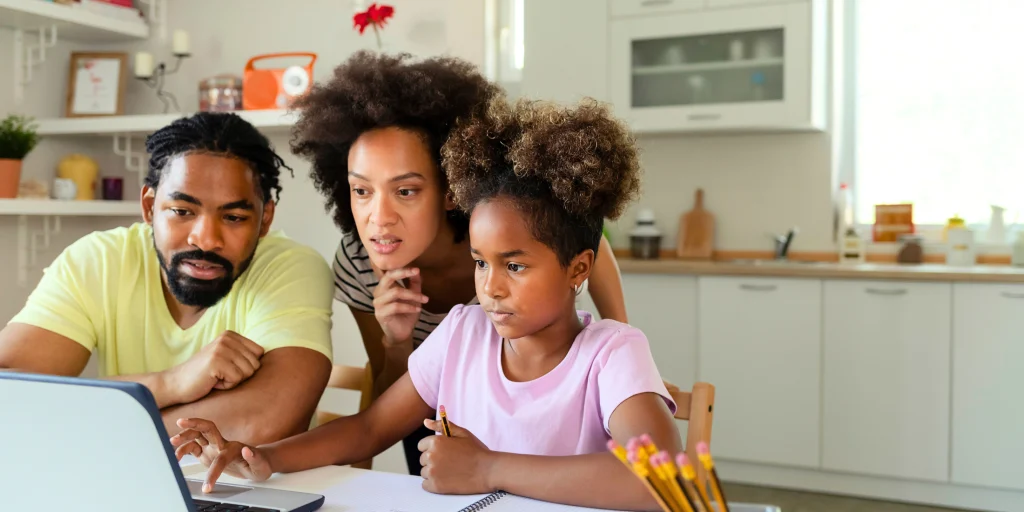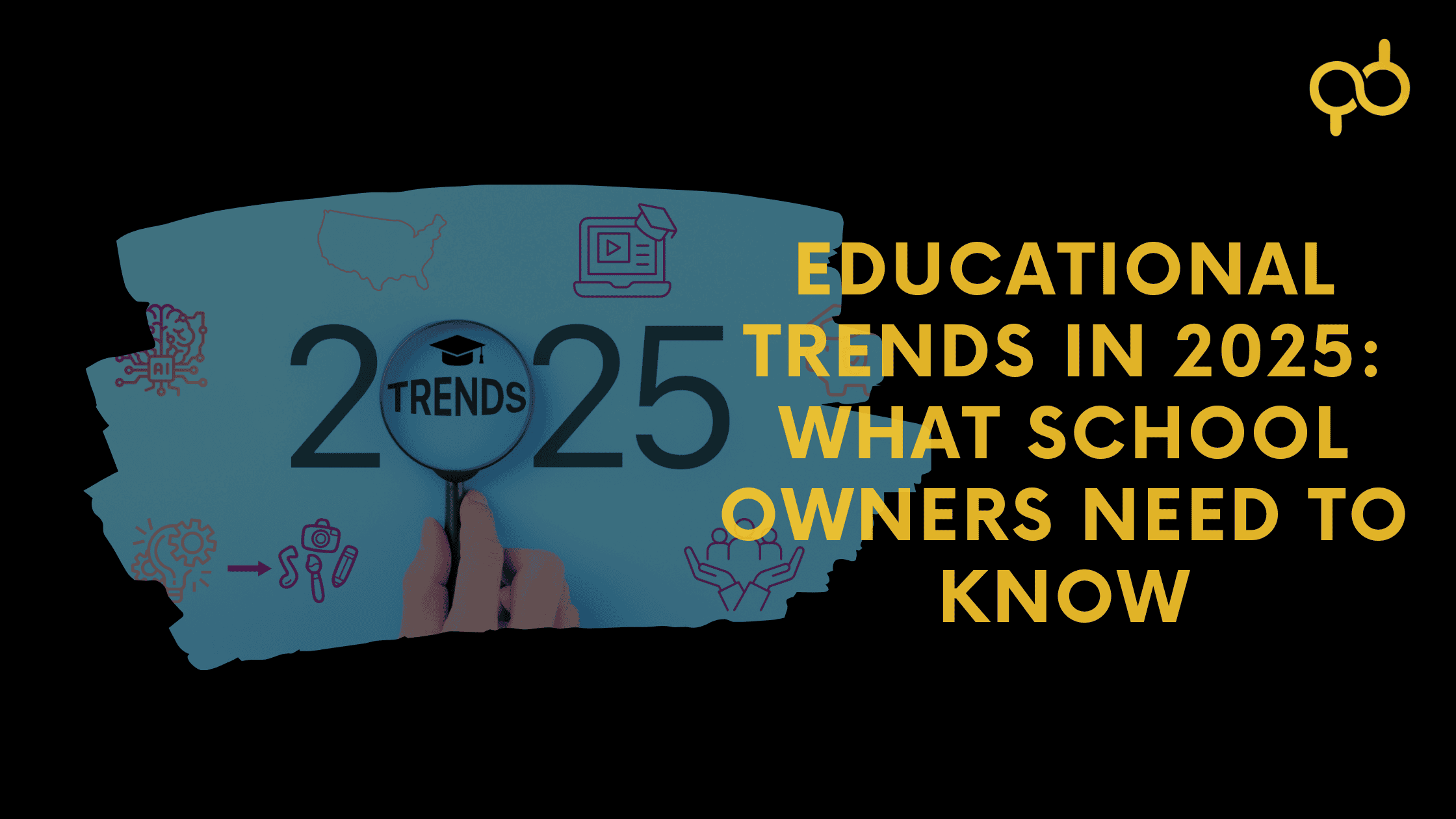The educational environment is changing quickly, and 2025 is expected to bring substantial changes that Nigerian school proprietors need to brace for. With globalization, technological progress, and cutting-edge teaching approaches transforming education, being aware of these trends can assist schools in staying competitive, pertinent, and influential. Here are the important educational trends in 2025 that Nigerian school proprietors should be aware of.
One major trend is the growing influence of Artificial Intelligence (AI) in education. AI-powered tools are transforming teaching and learning by personalizing educational content based on students’ individual learning patterns. Adaptive learning platforms help identify areas where students struggle and provide tailored resources to address these gaps. For Nigerian schools, integrating AI into classrooms through tools like intelligent tutoring systems and AI-driven assessment software can significantly improve student outcomes. However, school owners must also ensure teachers are trained to use these tools effectively.

A key trend is the emergence of hybrid learning models. The COVID-19 pandemic hastened the shift to online education, and now, blended learning methods that integrate face-to-face and online teaching have become standard. In 2025, parents in Nigeria are looking for adaptable educational choices that accommodate various learning preferences and hectic routines. Schools that prioritize strong Learning Management Systems (LMS), engaging virtual classrooms, and dependable internet connectivity will draw more parents seeking contemporary, flexible educational settings.
The focus on skills-oriented education is also increasing in popularity. With automation changing the landscape of traditional employment, employers are now placing greater importance on abilities like critical thinking, creativity, communication, and digital literacy rather than simple memorization. Nigerian school proprietors ought to think about revising their curricula to encompass coding, robotics, entrepreneurship, and financial literacy. Collaborating with local and global organizations that provide STEM programs can equip students with a competitive advantage in the upcoming job market.
READ MORE: COVID-19 Might Change How We Educate Future Learners
Global citizenship education is becoming increasingly relevant in 2025. The world is more interconnected than ever, and Nigerian students must be equipped with cross-cultural communication skills, environmental awareness, and a global perspective. Schools can achieve this by incorporating global issues like climate change, sustainable development, and cultural diversity into the curriculum. Exchange programs, virtual collaborations with international schools, and participation in global competitions can also enhance students’ global competence.
Furthermore, there is a growing demand for social-emotional learning (SEL). Nigerian parents are recognizing the importance of emotional intelligence in their children’s overall development. SEL programs that teach skills like empathy, self-awareness, and resilience are no longer optional but essential. School owners should consider training teachers in SEL techniques and creating safe, supportive learning environments that prioritize students’ mental well-being.
The incorporation of technology extends beyond artificial intelligence and blended learning. By 2025, tools for virtual reality (VR) and augmented reality (AR) are enhancing the interactivity and immersive quality of learning. Nigerian schools can utilize VR to recreate historical events, perform virtual science experiments, and offer virtual field trips that broaden education outside the classroom. Investing in such technologies can enhance engagement in learning and boost knowledge retention.

Finally, parental involvement is transforming with digital communication technologies. Parents anticipate immediate updates regarding their children’s school activities and academic progress. Introducing school applications and communication tools that enable instant messaging, virtual meetings, and online report cards can enhance collaboration and satisfaction between parents and teachers.
In conclusion, 2025 presents exciting opportunities for Nigerian school owners ready to adjust. By integrating AI, adopting hybrid learning, focusing on skills-oriented education, promoting global citizenship, investing in social-emotional learning, exploring VR and AR, and enhancing parental engagement, schools can position themselves as leaders in Nigeria’s changing educational environment. Staying current with these trends ensures not only academic achievement but also prepares students for an ever-evolving future.
